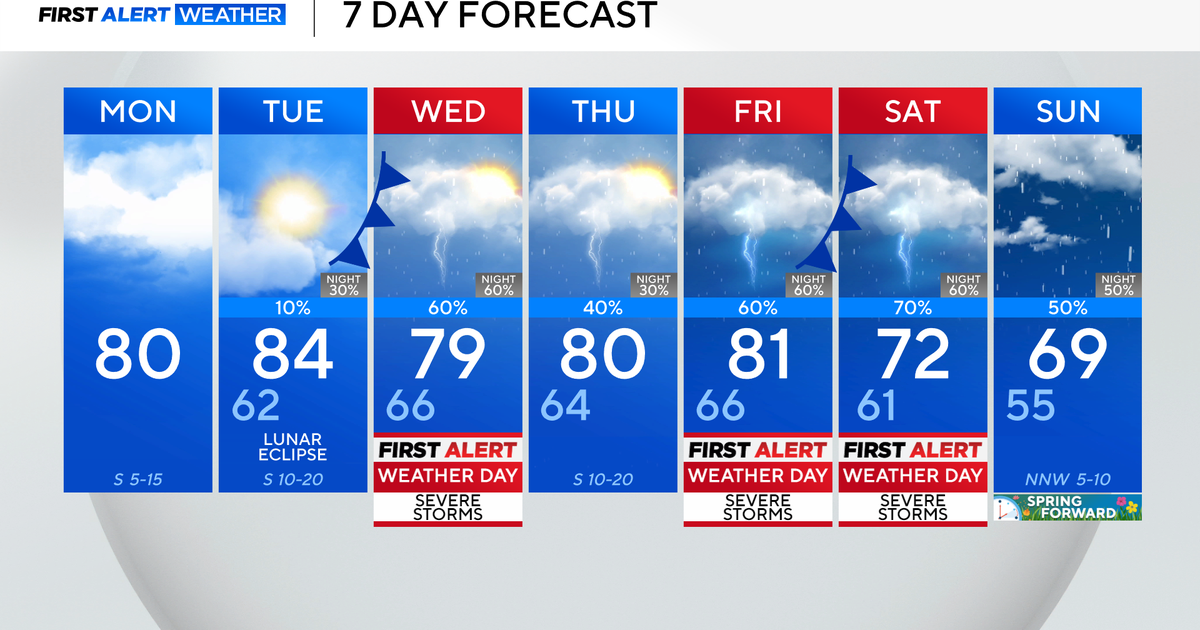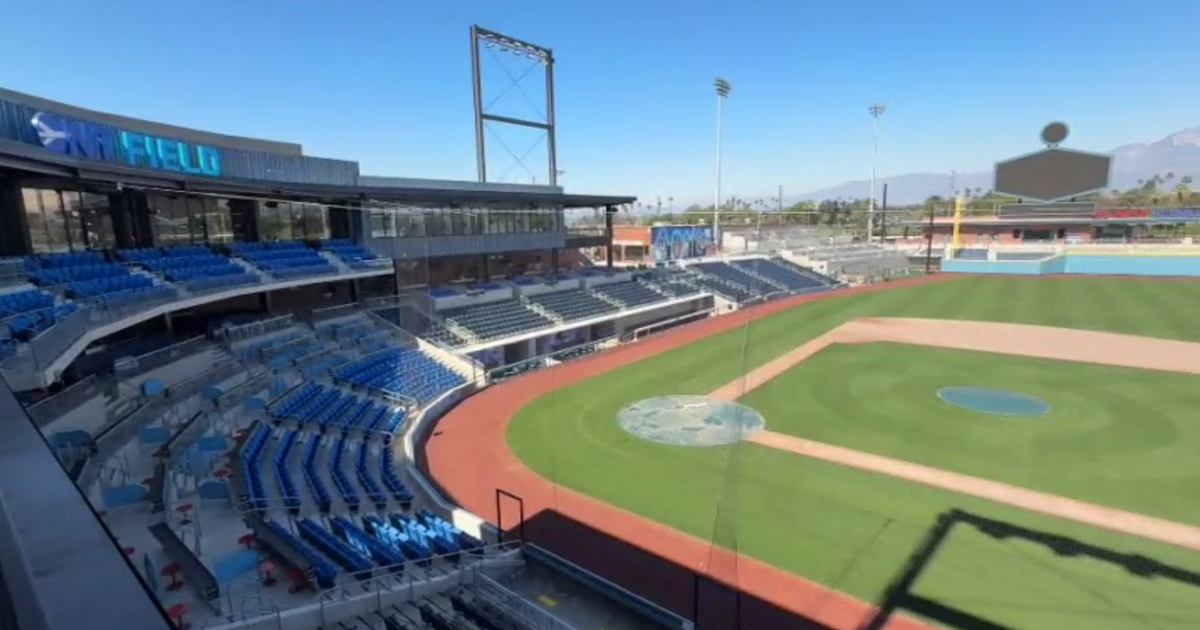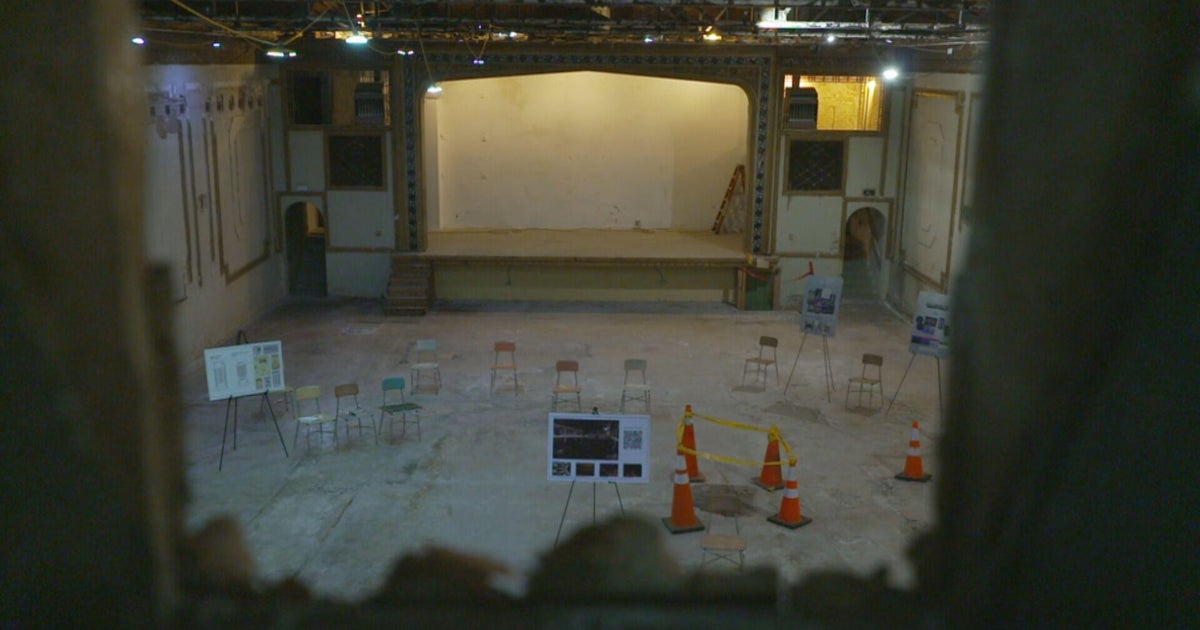Drought, climate change forcing North Bay winemakers to adapt to new reality
GLEN ELLEN -- Sensitive to changes in temperature and season, grapes have been called one of the canaries in the climate coal mine. That leaves winemakers managing the effects of drought and extreme heat in real time and few of them understand how the land is changing more than 3rd generation winemaker Tony Couturri.
Long before natural wine was a trend, and certainly before there were natural wine bars, Coturri was making wine the old-fashioned way; With literally nothing but the grapes. He's currently pulling in what might be his last harvest, and reflecting on the changes he's witnessed in Sonoma County.
"So this is the estate Zinfandel," Coturri said, pulling an old sheet off of a bin of grapes. "Listen," he said, referencing the quiet bubbling.
Coturri has his ears and hands on his 2022 harvest, another year that will be defined by extremes.
"It's going to be for lovers of really intense red wine," he said. "Which, there's not a whole lot of us left. It's very, very old-school."
Coturri has been doing things the old-school way for nearly a half-century.
"The vineyard was planted in 1974, and irrigated two years to get the young root starts going," he said of the land near Glen Ellen. "So it is 46 years old without a drop of water put on it."
Coturri watched these vines go into the ground, and as a kid in the 60s he planted the trees that have now grown around the fencing.
"Just to see these kinds of functional changes that you always hear about and think 'Oh, kinda cool,'" he laughed. "But to actually witness it in your lifetime. The soil, as opposed to when we started, it was very clay-based. It's starting to break up. In 50 years I can visually see how the soil is developing."
The trend, he says, is warmer and dryer. The September heat wave cost him 1.5 tons of his expected 4-ton harvest.
"So this year, it got up to 119 here." Coturri said of the heat waves. "You can see all the raisins down there. That got burnt off, but in other cases where the fruit was approaching ripeness and the heat wave hit, it just desiccated the whole thing. Even the fruit that wasn't as far along."
It all means fewer grapes, bigger wines, and more economic pressure. But that's not the biggest challenge.
"Fire has become the overwind factor in terms of the living in this place," he said.
"Last year, the drought was so extreme, some of the vines just didn't produce grapes," said Dr. Liz Thach of Sonoma State University
A professor and Master of Wine, Thach has some vines of her own.
"We've seen the harvest arrive earlier and earlier," Thach said of the shifting climate's effect on wineries. "Now it's happening anywhere from two to three weeks earlier but it was about 10 years ago."
All of the changes mean more cost, as risk drives up insurance, all adding to a press, especially on California's 4,000 small family winemakers.
"You know, you have smoke taint one year," Thach said. "Another year you have extreme heat and alcohol goes too high so the winery doesn't want to buy your grapes, or they get shriveled because of the heat. That's really challenging for people."
"Because of the heat and the concentration, we're just getting amazing colors," Coturri said, watching the steady stream from his grape press. "All our worries and anxieties, and everything goes the way it's supposed to."
So many things are changing and it all still works, adding up to exceptional wine, but there will need to be adaptation. Older vines will produce fewer and fewer grapes; they might need to be replaced with a varietal that can better manage a warming climate. These are things that will take investment and a lot of work.
"The other issue, obviously, I'm getting too old to be doing the work that's necessary," Coturri said of his fields. "So we have oak trees growing, brambles growing. Literally, the forest is taking back the vineyard."
Coturri says this will likely be his last year in this field. He's currently looking for a buyer to continue the natural wine tradition here. But he acknowledges that as the years pass, and the land changes, this kind of work is only getting harder.
"In my own mind I see us as we saw the best years here," he said of his time as a small winemaker in Sonoma. "We were able to put a vineyard, bring it to maturity and have production for 50 years. There's almost a thankfulness that as things change, we enjoyed the time because maybe it's not going to happen again."







